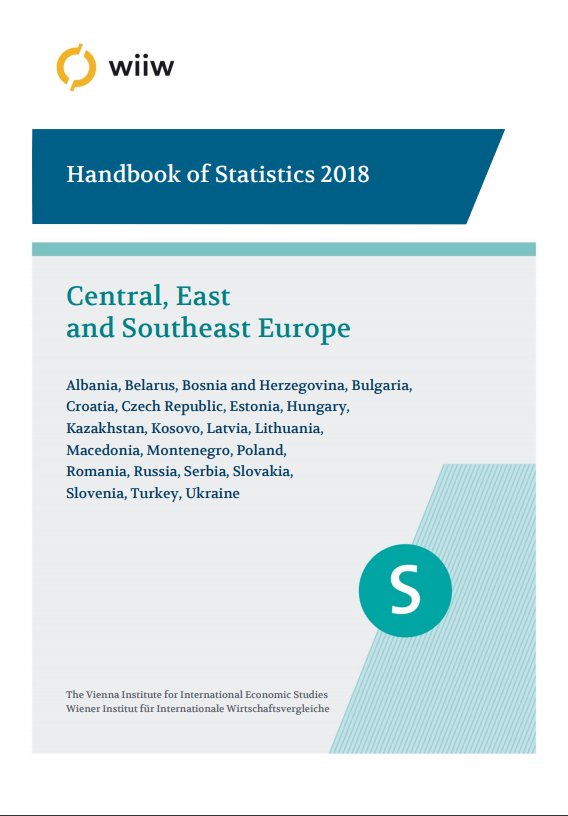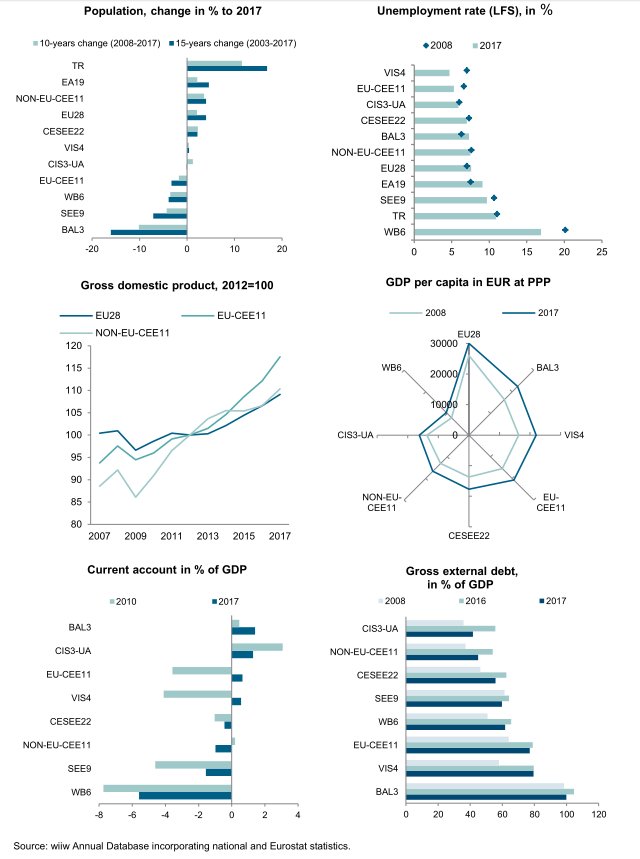1/n
This time there is a jar of coins 5 kopecks each (5 #копійок).
2/n
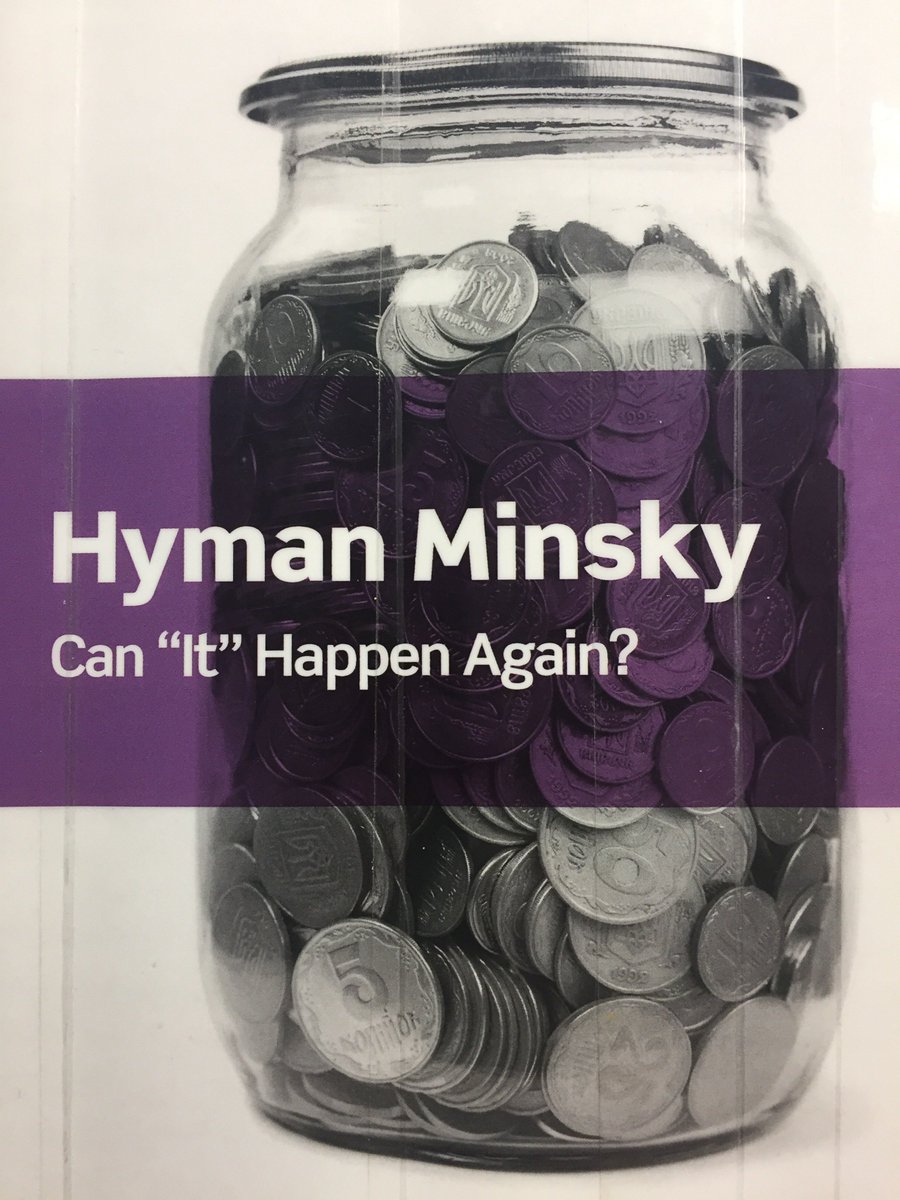
3/n
4/n
Moreover, crisis was near permanent in #Ukraine during 1980s, when it was part of #USSR that later collapsed unexpectedly for so many.
They were slow and very fast ones. 5/n
@ptcherneva @stf18 7/n
8/n
9/n
10/n
While reading it, being on the 2nd chapter, my 1st thought was 'this is it!'. This just does explain a lot of Ukraine's econ misfortune. 12/n
While orthodox/mainstream econ framework is a receipt for stagnation.
14/n
15/n
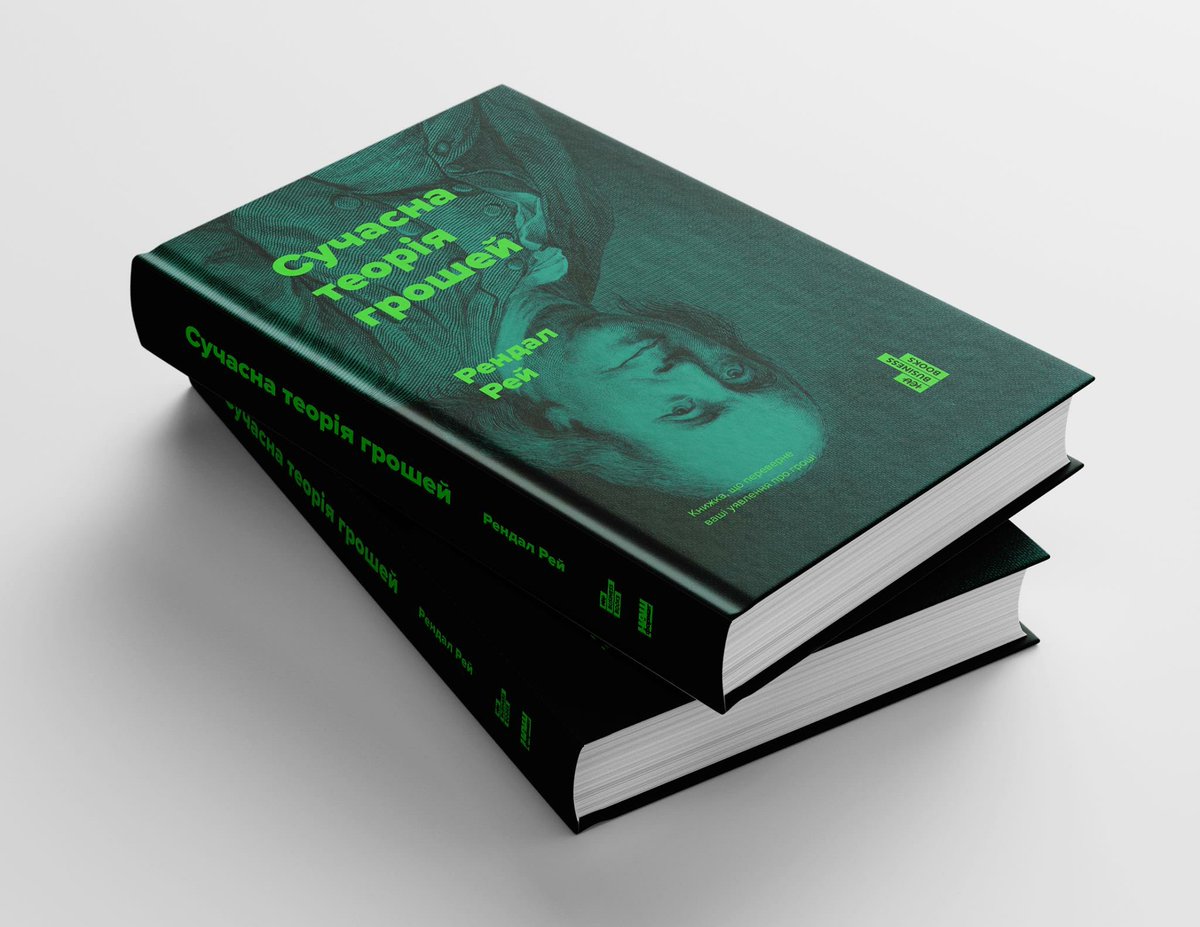
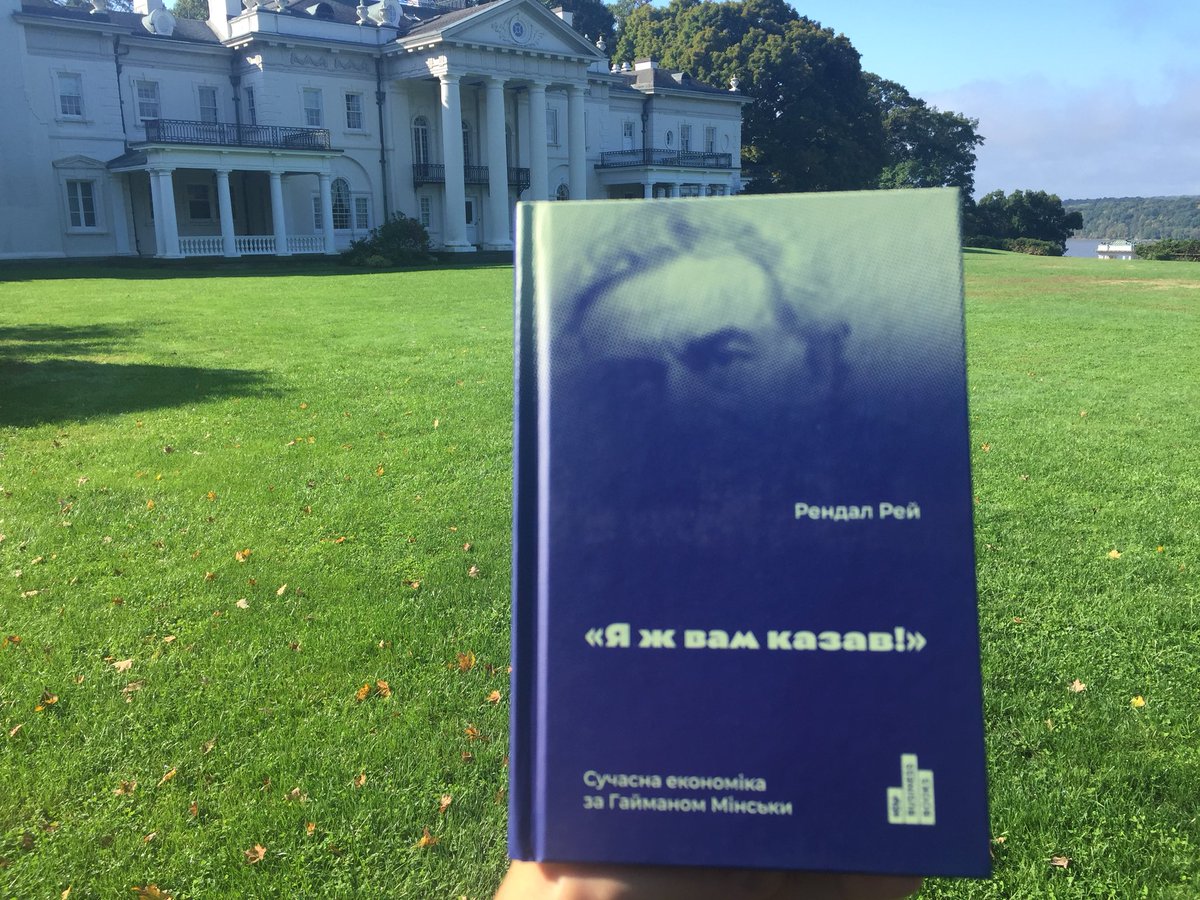
16/n
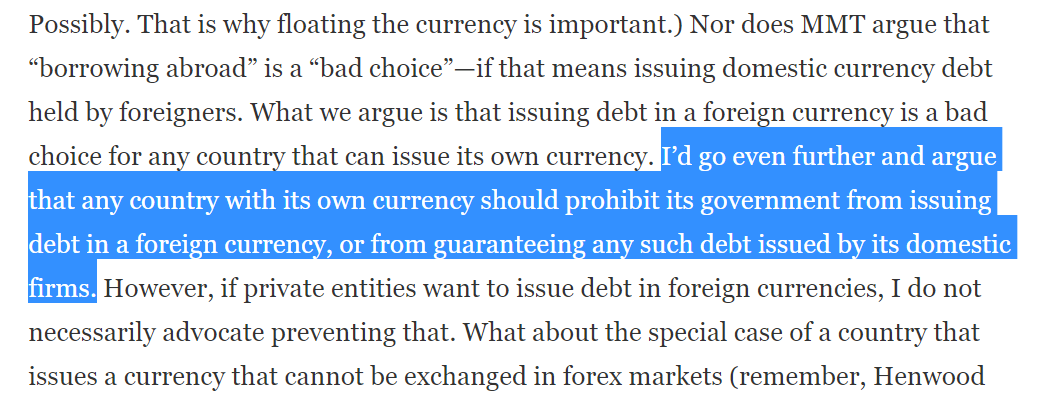
In general, point "f" entirely is like a reality check for a developing country.
18/n
19/n
The “tap” was organized by @jpmorgan and as reported by @wsj the issue price was 98.88 cents on the $.
20/n
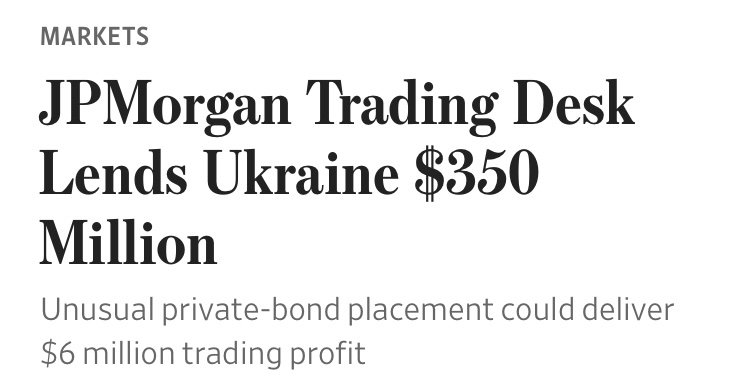
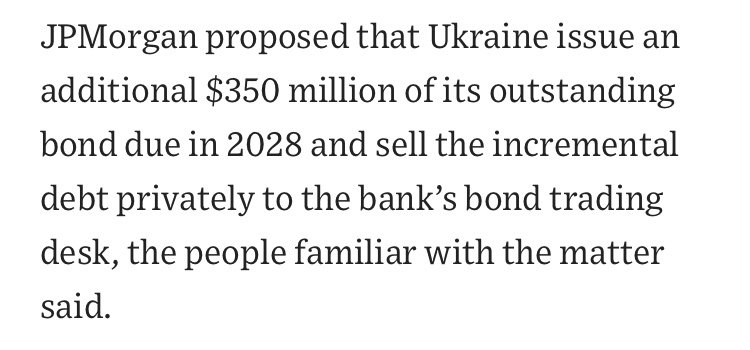
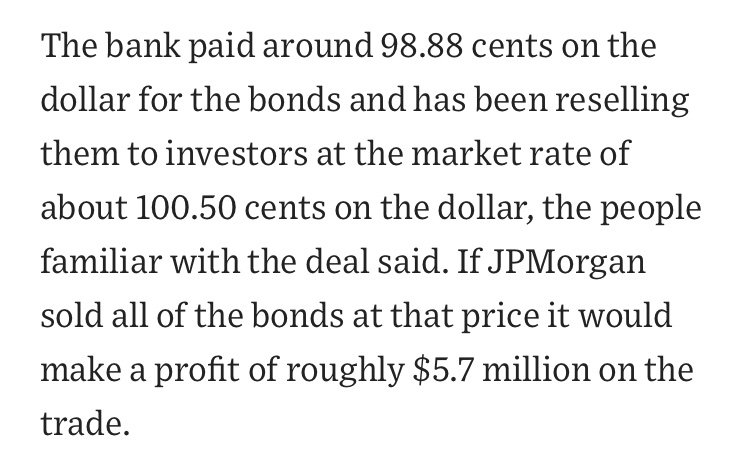
This shows (1) desperate needs for FX monetary reserves, (2) that are required for tight govt FX debt re-payments, (3) #Ponzi like position of the govt that borrows to payback %+principal of past FX debt.
21/n
22/n
25/n
30/n
31/n

